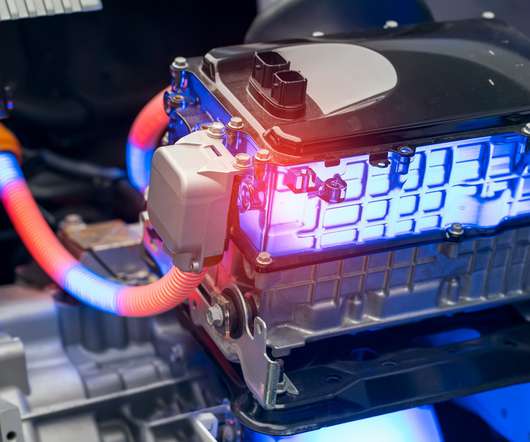Tier 1 HELLA evaluating PowerGenix NiZn batteries for 48V mild hybrid vehicles
Green Car Congress
OCTOBER 21, 2013
PowerGenix, the developer of nickel-zinc (NiZn) rechargeable batteries ( earlier post ), has signed a product evaluation contract with HELLA, a Tier 1 supplier to major automotive manufacturers worldwide. Nickel-Zinc could offer some unique benefits in 48-volt systems. Marc Nalbach of HELLA. Source: PowerGenix. Click to enlarge.















Let's personalize your content